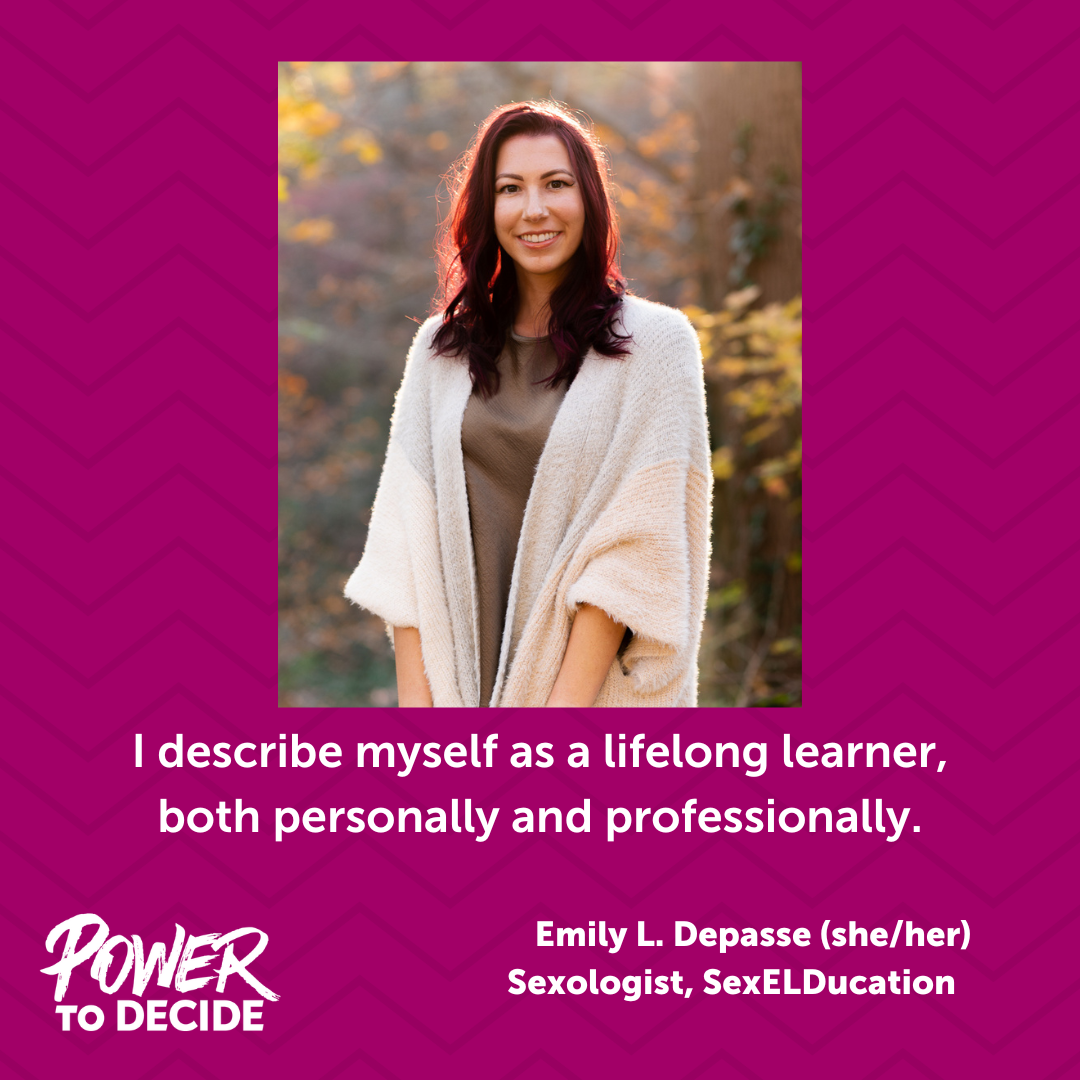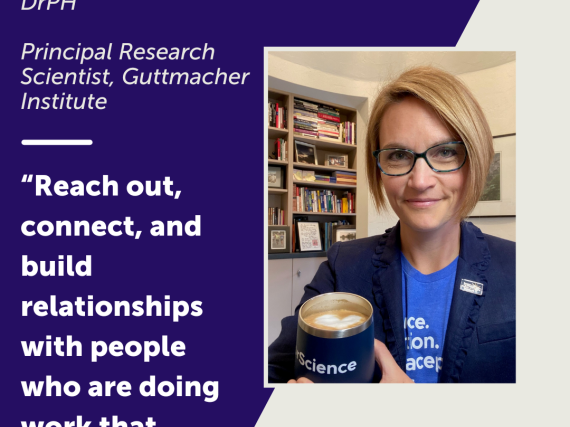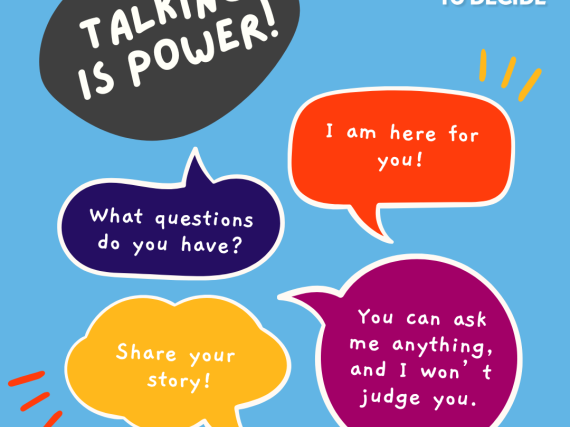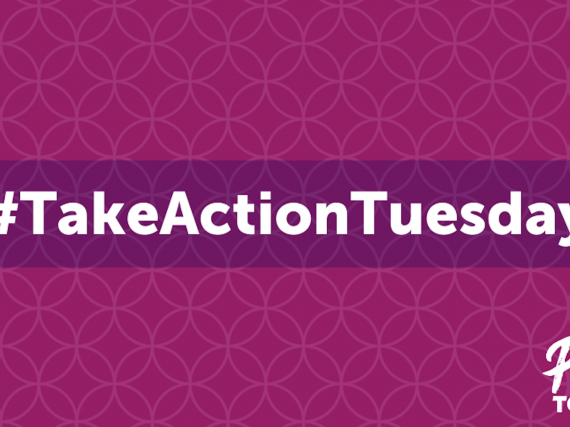June 2022 Power Player
At Power to Decide, we’re committed to uplifting the many individuals on the ground doing the work that matters most. Each month we highlight an individual who is championing the effort to support young people’s reproductive well-being. Check out this month's Power Player profile.
Emily L. Depasse, BA (Gender and Sexuality Studies); Current MSW/MEd Sex Therapy student at Widener University (expected graduation August 2022), she/her
Sexologist, SexELDucation
What work have you done to ensure that all people have the information and access they need to make decisions that align with their intentions and improve their reproductive well-being?
Put simply, writing and creating an accessible social media presence around a stigmatized topic. Sex is already stigmatized and policed across social media, but the stigmas associated with sexually transmitted infections (STIs) seem to hold more of a grip on folks—whether diagnosed themselves or confronted with a potential partner’s diagnosis. I stay updated on changing legislation, policies, and academic research, and make space to share that in terms that are accessible to my audience.
At present, all information I offer and share with my audience is free. Towards the end of 2022, post-graduation, I intend to create and offer more supports for folks outside of my social media. With my current obligations (including a full-time job outside of the sexuality field and an internship as a crisis worker), I do not have the necessary time to support folks in the way they deserve to be supported. While I have boundaries in place across my social media accounts, they allow me to continue showing up for my community and for anyone who comes across my content in a way that feels attainable for my current obligations.
How did you get started in your field? What is your driving force?
I have always wanted to be an educator. Some may be surprised to learn that when I entered college, I was an intended elementary education major. As I delved into other disciplines, my focus shifted more toward mental health. Once exposed to feminism in a sociology class, I found my home in gender and sexuality studies. From there, I think one of the driving forces was simply a desire to better understand myself, especially as someone who attended Catholic school through high school. I received very little sex education, and it certainly was not comprehensive.
My transformation from educator to sex therapist continues to evolve. Throughout COVID I sat in deep self-reflection of the world around me, my background, and my future goals, and I decided that a career as a mental health professional is no longer in alignment with my aspirations. While I will always be an educator, I am much more interested in advocating and changing legislation and policies for the populations that matter most to me. I feel that is the space I am most likely to effect the changes I desire to see in the world. Ultimately, I feel that a continued commitment to self-awareness in conjunction with my experience and the state of sex education continue to propel me forward.
What advice would you give to someone looking to effect change in the field that you currently work in?
No one person can change the world alone. Your clients, students, and peers will always have something to teach you, even if you are considered as an “expert” in your field. I describe myself as a lifelong learner, both personally and professionally.
Something that has evolved in my work throughout my time in the field is moving from a perspective of I to one of you and we. My experiences and stories are not the experience and story, and I think that is an important distinction, especially when we consider the lens of privilege. Maintaining an awareness of your privileges and offering space for others who come from different backgrounds is essential in creating change for all—it’s a collaborative effort.
I think that our current culture, especially on social media, tends to cancel certain change-makers in this field based on a very narrow scope. In order to create the changes we desire to see in the world, we have to be able to engage in the difficult conversations. We have to meet people –our students, clients, family members, and fellow educators—where they are so that we can move to where we aspire to be.
Why should someone care about ensuring that all people—regardless of who they are or where they live—have the information and access they need to live their best life?
Health care is a human right, and reproductive and sexual health is included in that umbrella term, regardless of someone’s view on sex education. Someone’s discomfort around STIs, sexuality, or sex education should not impact their access to honest, reliable, and affirming health care. Period.



